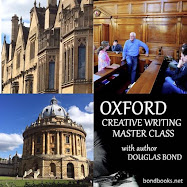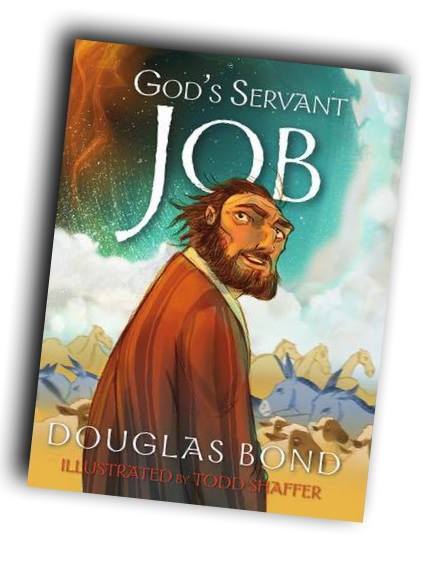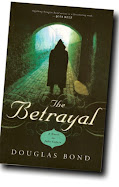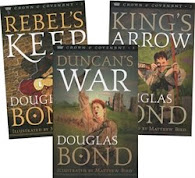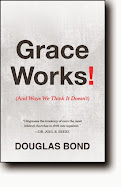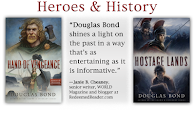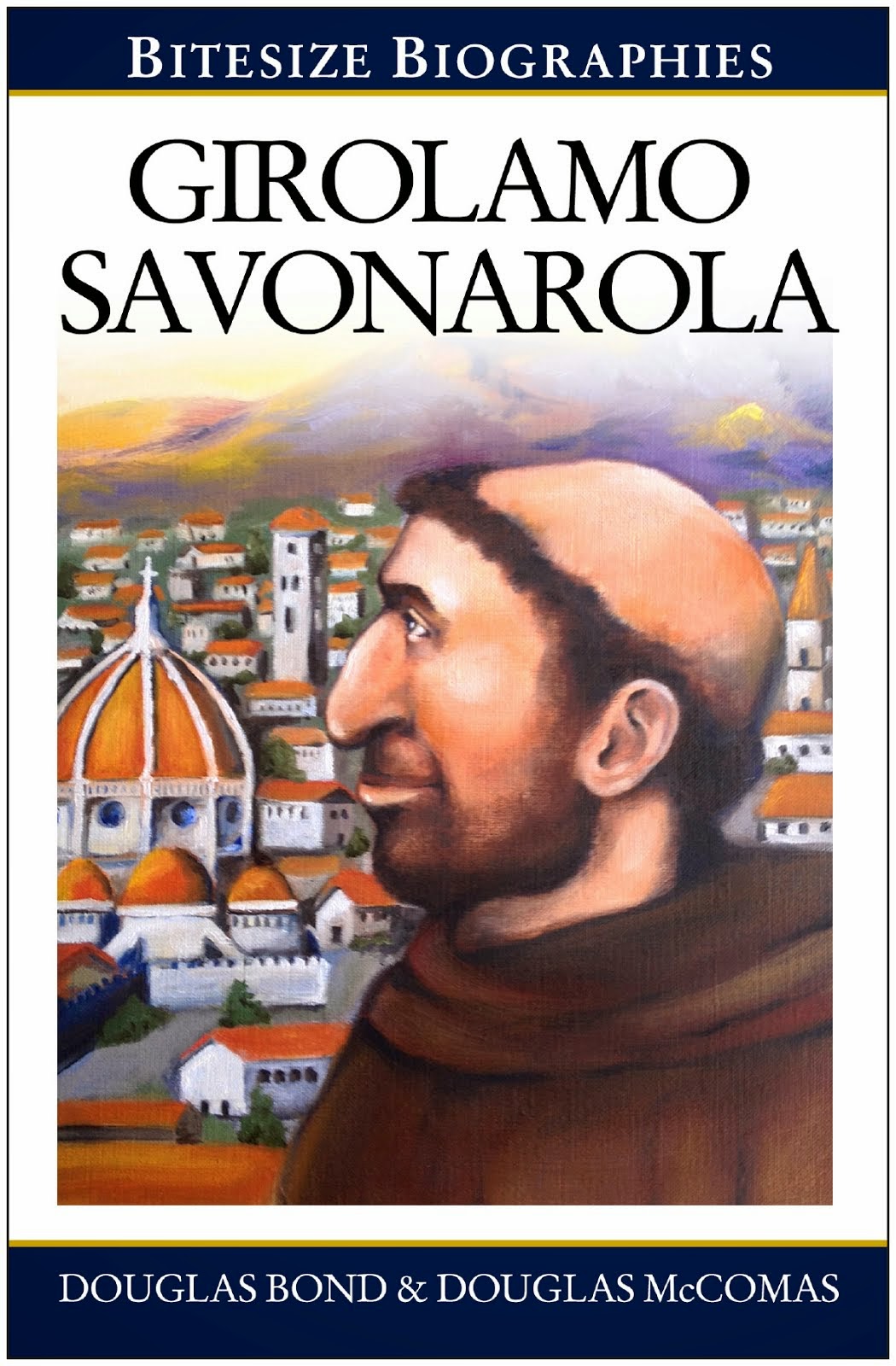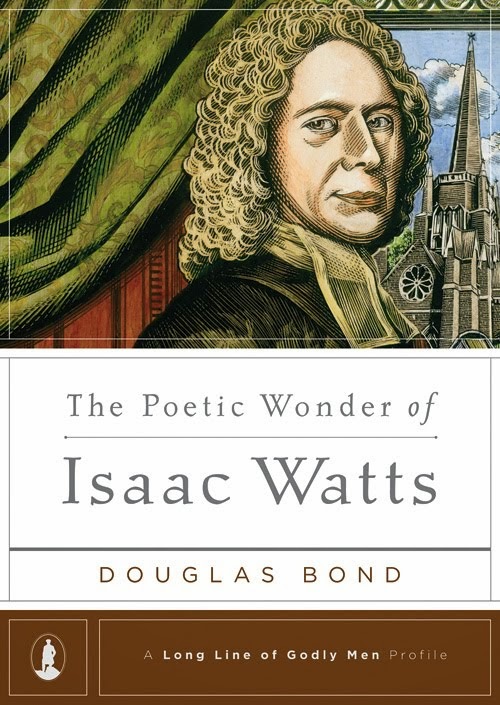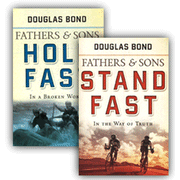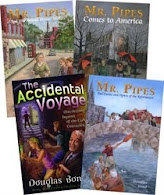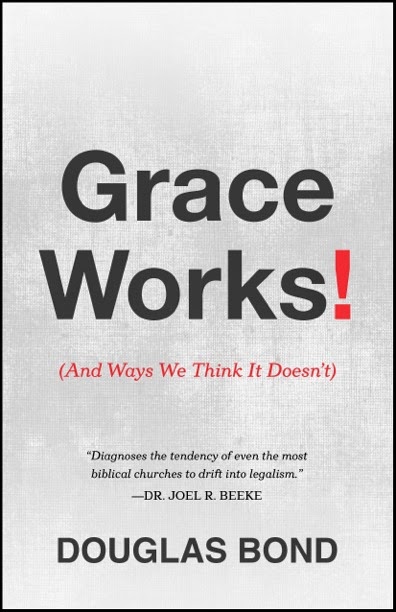My third child, Cedric Christian, graduates from Covenant High School this evening. By the merciful kindness of Christ, and the gifts of God's grace, he is a Washington Commended Scholar (52% of the CHS 2010 graduating class are academically in the top 10% of students in the state), and was the student body president. He was featured in a recent ESPN Rise article (at right) and featured in the USACK magazine.
A year ago he was featured in Sports Illustrated as the number one ranked junior sprint kayak racer in the USA. The above articles detail the challenges of transitioning from junior division to senior, where Olympic-bound competitors are usually well into their twenties. Cedric will compete in senior trials in June for a spot on the US senior national team to compete at World Cups in Poland, and World Championships in France. He has already qualified to compete in international regattas in Germany, Nova Scotia, and Lake Placid, NY.
Friday, May 28, 2010
Friday, May 21, 2010
INKBLOTS -- Men's Writing Gathering
INKBLOTS – 5/20/2001
Still feels like winter, sort of, with charcoal clouds and furious tantrums of rain, and then the sun breaks through and everything calms down—for a while. Not at the moment. Doug McComas, our host, has a comforting fire in the den, several men, and Twisted Zin.
DM shared a family critique (these can be devastating, and may build storm clouds for a while if you’re not careful): his daughter who just graduated from Covenant College said he used too many commas; it upsets the flow of the prose. And his wife lovingly told him that she could not see the setting, that he needed more visual description. As I listened to DM’s chapter described below, I wonder if some of Heidi’s concern about description is that she is a woman and can’t visualize what men will fill in as they listen and read, though there may be a kernel of truth here.
David Killian brings us up to speed on his futuristic political thriller. “New America” consists of 17 states from the heartland that have succeeded from the union. Josh is plotting to assassinate his uncle, the president. Josh’s conversation with his uncle who figured out that his nephew was there to kill him. The conversation about whether Josh still believed in God. Important, intensely important topic, which is why it needs to be rewritten. I know that I have not heard the whole story, so I may be missing too much, but it feels that it has all happened too abruptly. Add Josh’s thoughts, trying to figure out what his uncle is going after. (I missed the last Inkblots, stranded in UK, so I may be missing some context here. No doubt I am). Needs to be history of this kind of conversation with uncle and nephew. DM suggested that DK create more reality leading up to the shooting of the two. That too happened abruptly. Show movement of hand, eyes, positioning self to be in place to do the deed. New chapter. Banter works pretty well, seems authentic, on a mission to blow up the UN. I suggested that DK gives too many assassins, blasting, blowing ups, without creating authentic, human anticipation, suspense. Give them the immediate blowing away and your audience gets bored with it, detached from the reality and authenticity of the human suffering, fear, terror, and the horror of death. If these things need to be here, don’t overdo it. Create anticipation, incremental building toward an intense moment, but be far more careful to carefully build to these moments. If your reader gets the gratification of the mini climactic clash too often, you’ve got heaps to do for the grand climactic moment in the story. It will be anti-climactic, I guarantee it. Let me ask, why violence, killing , and death, so frequently? Readers like this? Is it real world? Is it redemptive? How so?
DM picks up in WW II on Tarawa, his elderly missionary, stranded on the island he had fought on 50 years before, recollects the Pacific battle with the Japanese army. Sobering, authentic description of men numbed as they halt bulldozers filling mass graves, and discover that some of the corpses were not men but women, who had been forced to fight, and be killed by US machine gun fire, or had been so propagandized that they did it willing. This was sobering without dehumanizing, not easy to accomplish. This is well done. I’m too interested to blog this. Sobering. First-person point of view is carried off near-perfect. “Started praying more often—for my men and my squad.” The intensity of the encounter with the half-naked four-year old was riveting. And followed by more kids… this is too abrupt. You’ve created a fascinating situation made more so by even more children and women coming out of nowhere. Show this. When the women and children jump over the cliff you don’t give enough astonishment, bewilderment, anguish at his inability to do anything--to your protagonist. Rewrite his speculation about why the woman killed the children so that it flows. Show more of his anguish as he heard more children led to their death, his impulse to try and stop them would be natural, authentic. Discussion over whether to have the narrator who is recollecting all this from 50 years before, whether he should halt and be so emotionally caught up in his memory that he cannot go on for a space of time, his emotion. DK thinks there should be more break. He may be right. Although momentum will be lost, the flow of the story will be broken.
I read the first chapter of my Reformation Trust biography of John Knox. We discussed whether “left tackle” or “linebacker” of the Reformation was the best metaphor for Knox’s role in the Scottish Reformation, from which ensued a bit of football talk. [pictured above left, my CHS students at CS Lewis's home, The Kilns, near Oxford, April, 2010, and me reading a 1942 copy of Screwtape Letters in Rabbit Hole at the Eagle and Child, Oxford]
Thursday, May 6, 2010
Bond guest author on Vision Forum Webinar
Great on-line resource for those interested in Church history and writing. My lecture and Q&A is May 13. For details, visit: http://www.visionforum.com/hottopics/LP/vf/offer.aspx?id=2010_03_24&sc=501654
Subscribe to:
Posts (Atom)






